The first NUO Hotel opened in Beijing on June 5, proudly flagging ‘Made in China’ and showcasing the brand’s ideal of sharing the richness of Chinese culture in a way that appeals to today’s luxury customers.
For the Beijing Tourism Group, which owns the hotel and the brand, NUO symbolizes ‘The Chinese Dream’ for the hotel industry. NUO Hotel Beijing, originally developed in conjunction with Geneva-based Kempinski Hotels, has 438 rooms, including 55 suites, with key interiors designed by Hirsch Bedner Associates and taking inspiration from the Ming Dynasty. Among the features: a dedicated art gallery, culinary voyages, ‘Red Flag’ H7 limousines and green intelligence.
So it’s Chinese, luxurious, contemporary and green. The general manager is Swiss. But Adrian Rudin has one leg in the Asian/China market and has no problems grasping its NUO-ances. He interprets the NUO dream for HOTELS and how he goes about the bigger challenge of molding the software to achieve the vision.
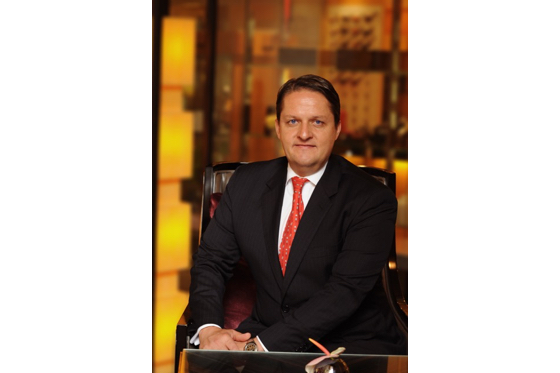
HOTELS: Do you often get the question, ‘How is it that a Swiss can interpret a Chinese brand?’ And what is your answer?
Adrian Rudin: I started out as a chef in Hong Kong in 1991 after graduating from hotel management school in Lucerne, Switzerland. Given the years of senior management experience here in Asia and in the Middle East, I’ve been fortunate to acquire a good understanding of Asian as well as Chinese culture.
In addition, as a so-called ‘outsider’ looking in, I can contribute a different perspective in the R&D department to our panel of experts on Chinese culture and heritage. We also work mostly in teams and workshops and always incorporate tradition with innovation and international standards.
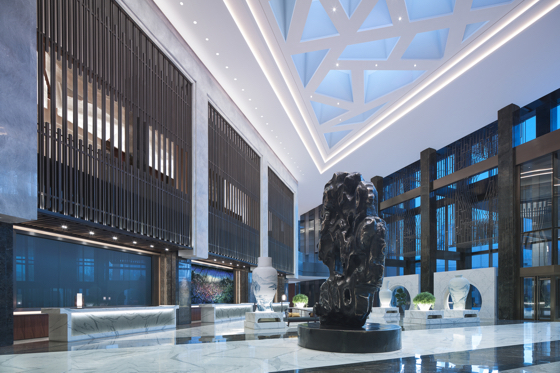
H: Swiss hospitality is legendary. What aspects of it do you build into NUO without affecting the Chinese character?
AR: We’ve built our own structure, which is a framework to create the unique NUO experience: 70% of NUO’s structure follows international 5-star luxury hotel standards; 20% is what we call the ‘NUO Way’ and these are existing elements which we enhance to be uniquely NUO; and 10% is what we call the ‘Golden Promise’ – unique standards and experiences which we developed and customized especially for NUO Hotel Beijing.
H: Can you give me a few concrete examples of how the hotel ‘translates the past to serve the present’?
AR: We call it China service or ‘Entourage” whereby we focus on Chinese qualities at touch points on all levels – for example, giving the guest the ability to order their choice of welcome Chinese tea from the limousine’s online tablet device connected to the hotel.
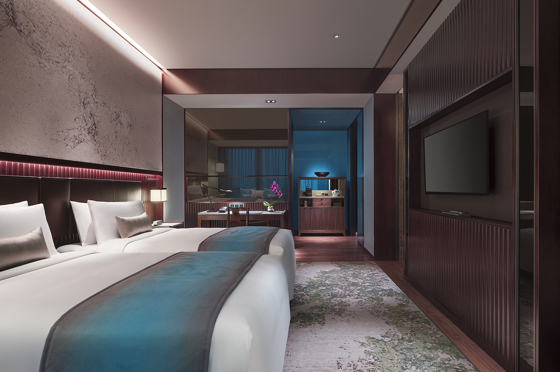
H: Do you find yourself having to change certain operations standards to achieve the unique NUO experience?
AR: Not change, but consistently have leadership connected to the daily operation to guide and work alongside the team through every step of the guest journey.
H: Many hotel chains have now come up with standard operating procedure for Chinese guests. What do you think of these SOPs and why they cannot beat a ‘Made in China’ brand?
AR: NUO Hotel Beijing is not just catering to Chinese travellers, although of course they are a huge part of our mix of guests, but our ‘Made In China’ hotel is authentically delivering services aligned with the destination.
We took a long time to develop the NUO brand and went through a lengthy, rigorous process of workshops and think-tank sessions, with distinguished historians, scholars and experts in their field. We really built the brand from the bottom up and didn’t just issue SOPs. Therefore, we do not have any existing baggage to carry, which I think differentiates us.
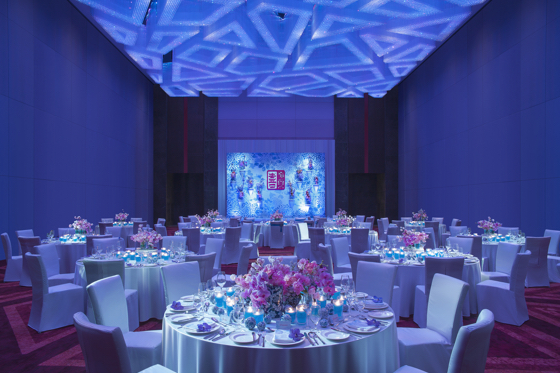
H: Do luxury customers really want a ‘Made in China’ brand?
AR: In today’s world it is all about experience and staying in NUO Hotel Beijing will give you a contemporary feel of so many heritage aspects of the Ming Dynasty, from poetic inspirations to furnishings and decor and culinary voyages inspired by Admiral Zheng He, to spa treatments modeled on ancient physician Li Shizen’s philosophy and a tea culture inspired by Zhu Quan, with tea sourced from various regions in China and purchased directly from heritage farms.
Research has revealed that more and more luxury travellers are seeking authentic cultural experiences, so with food as an example, we tailor the experience. For instance, at N’Joy, NUO Hotel Beijing’s all-day dining restaurant, which is inspired by Ming Admiral Zheng He and his treasure fleet, we aim to take the guests on these “culinary voyages” with international chefs who come from 10 different countries throughout Asia, India, the Middle East and more.
As for future NUO hotels abroad, I do think it is always nice to stay in a hotel where you can expect to have certain comforts, for example, for the luxury Chinese traveller, a proper breakfast like you would have at home, a Chinese restaurant, a tea pavilion and a spa.
H: Surely the software is harder to achieve than hardware? What are the key challenges?
AR: Yes, of course, the software aspect is harder to achieve than the hardware. The biggest challenge we faced during pre-opening was hiring colleagues with a passion to serve and who pay attention to detail. Of course, the greatest guest satisfaction is always found in the little things.
We are fortunate that we can offer safe and comfortable housing in Beijing for up to 400 colleagues. Therefore, we were able to select the best graduates who possessed the qualities, passion, attitude and eagerness to serve from hospitality schools located around the country. Later, during the training, we focused on the finer points of guest recognition, engagement with guests, anticipation and flexibility.
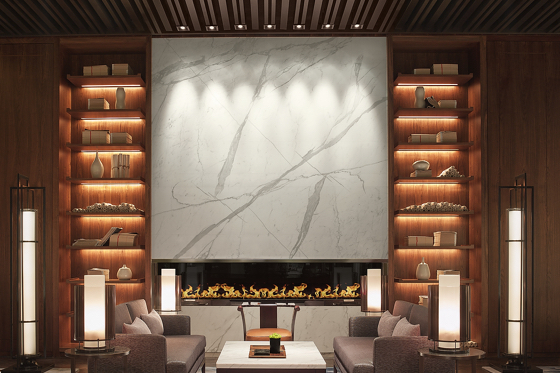
H: What is your targeted average occupancy and room rate for the first year of opening, and how does this compare with your competitive set?
AR: We are positioning NUO among the high-end luxury hotel brands of this world, so we are investing heavily in hiring skilled talent and in extensive training. Furthermore, we do possess the hardware to compete. (He won’t reveal the targets, but the opening rate for a deluxe room is from RMB1,590 (US$229), including breakfast for two.
H: Since joining NUO in August 2013, how has it made you a better hotelier?
AR: I studied and immersed myself in the various relevant elements of Ming Dynasty. I enrolled in classes to learn about tea and the art of the tea ceremony, getting up close and personal with the entire concept and experience and becoming an advocate of the tradition of tea of China.
H: Do you speak Mandarin? What do you think luxury Chinese guests want and how do you find yourself adapting to suit their needs?
AR: I get by with my basic Mandarin; I would hesitate to call myself fluent. In order to achieve that, I may need to give up my day job and become a full-time student of language.
I think the luxury Chinese traveller these days is no different from the global luxury traveller – increasingly sophisticated, has refined tastes, is well-travelled, accustomed to and appreciative of the best quality in everything they experience. To please them, one needs to engage them on a personal and authentic level and deliver a unique experience.
Contributed by Raini Hamdi
